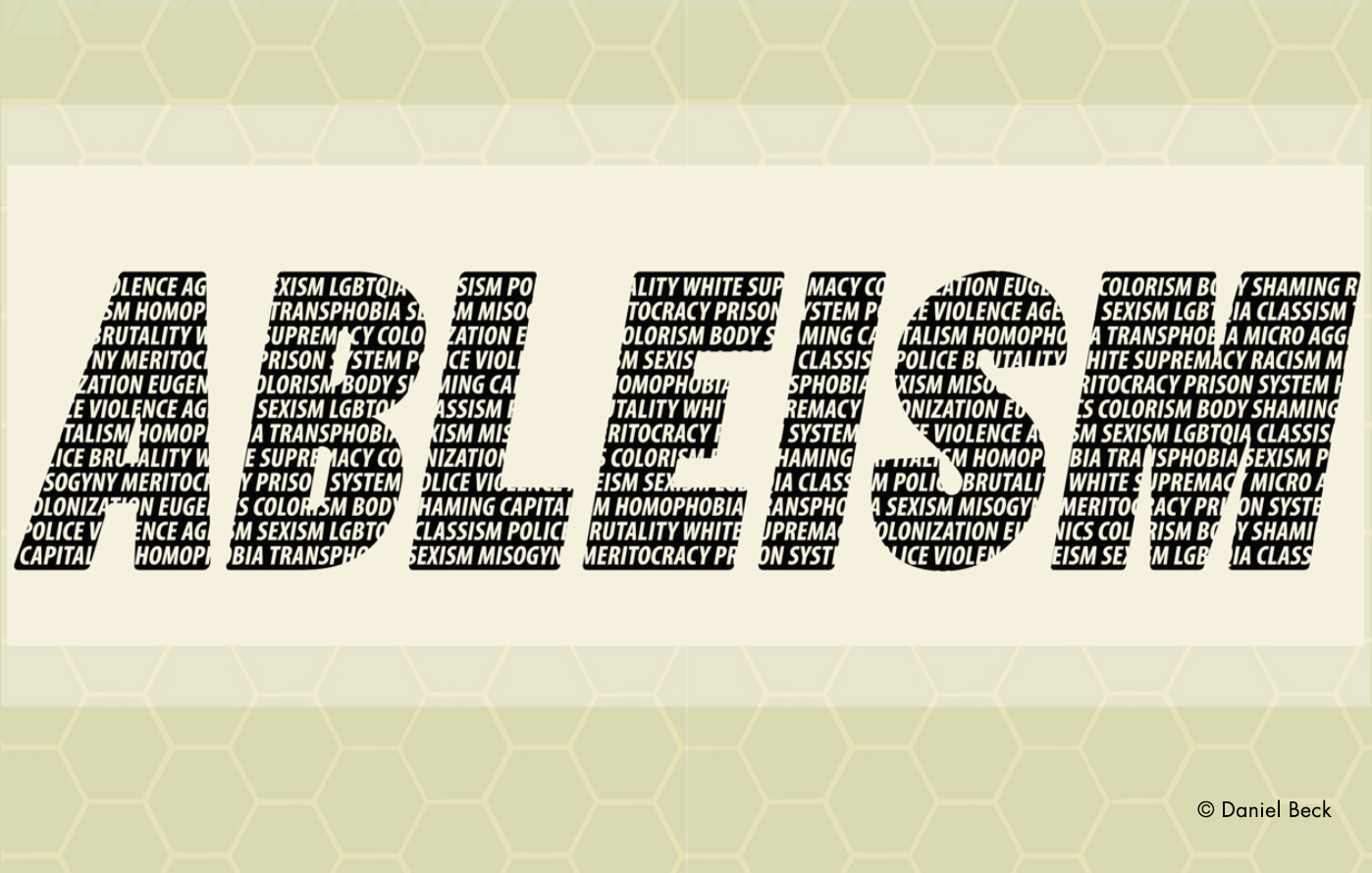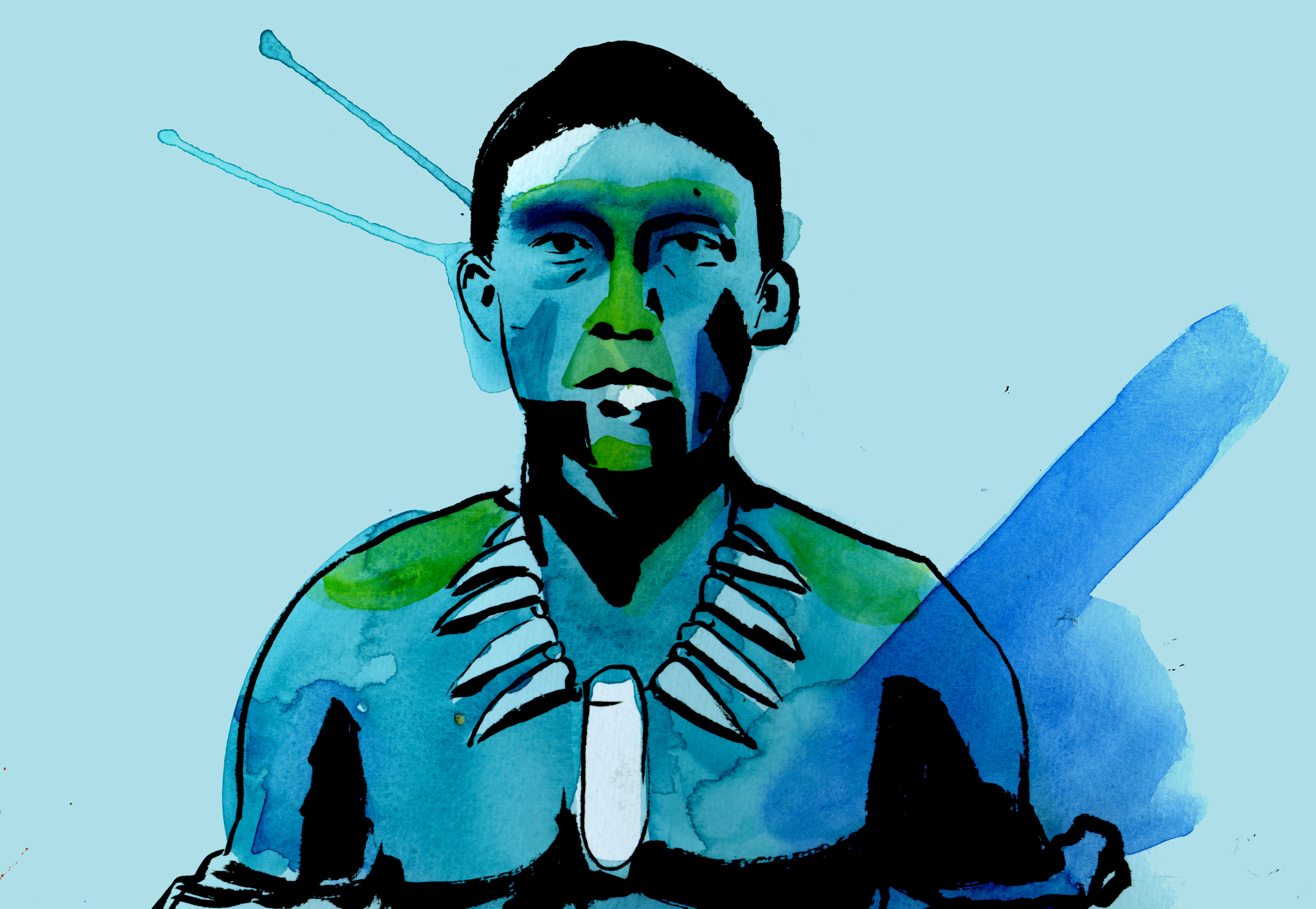
Trigger Warning: This article includes the use of ableist slurs.
- I was meeting with a banker regarding opening an account. During the conversation, the banker asked, “Do you understand what I am saying?” I replied that I did. He stared at me for few seconds and resumed explaining. After that, he asked again: “Are you clear with the information? Do you need a Chinese interpreter?” I told him that I do not speak Chinese, and that I was fine. The banker seemed surprised and quickly apologized. “Sorry,” he said. “I did not mean to offend you.”
- In a bike shop, I was chatting with my friend and the workers. One worker asked me, “What Asian are you?” I chuckled. “I am not going to talk to you anything about it,” I said. “I’m not going to give you any clue!” The worker asked me to “speak a little more” so that they could try to catch my accent. I gasped.
- I was debating with my white male friend online. When I passionately disagreed with him, he called me “angry.” He also mis-gendered me as “girl.
Sound familiar? The above examples are intersectional examples of ableism, misogyny, and racism.
My experience with ableism has been intersectional with different socially created identities. Disabled. Asian. English as second language. Immigrant. Foreign. Femme. Queer. My linguistic and intellectual abilities have been questioned because of assumptions made about my accent and skin color. Some people guess my ethnicity and nationality based on their understanding of Asian people. Crazy Asians. Angry Asians. Hysteric. Uncivilized. Violent. Those are the labels I often encounter as Asian femme. Often, these intersections are meshed and inseparable. Ableism works alongside other oppressive systems: racism, white supremacy, colonialism, misogyny, homophobia, capitalism, and more. And these systems, stereotypes, and biases create a hostile environment to people who are vulnerable to violence in our society.
Two years after I first landed in Chicago and passed the immigration checkpoint, I realized there was no space for me at the School of the Art Institute (SAIC). I found many resources on mental health inaccessible and ableist. I had micro-aggressive situations with my white counselors. I experienced the institution’s surveillance on students of color with mental disabilities.
Last semester, I started the collaborative project “Nothing About Us Without Us” with my friend Daniel Beck (BFA 2017). Our collaboration started with sharing our life experiences on ableism and intersectional issues. The conversations later developed into doing research and having discussions with an eye toward a larger context. We wanted to talk about these issues with more people. We wished to have a community or space to share.
Near the end of the semester, we created our first workshop: Ableism 101. The workshop introduced fundamental information about ableism and intersectional issues, sponsored by the SAIC Diversity Advisory Group. It was very intimate space with a small group of people. We shared our names, stories, and created new networks. We thanked to each other for being vulnerable and sharing the stories.
During the summer, Daniel and I continued our collaboration to expand and refine our research to provide higher quality workshops for more specific purposes. We later named our collaboration “Nothing About Us Without Us” to reference a slogan used in the disability rights movement in 1990s. Our goal has always been to raise awareness of intersectional issue of social oppression and create positive change for proper representation of minorities and foster an inclusive environment.
Our next focus was linguistic ableism. There have been questions about the language used to talk about ableism and how to avoid language that is ableist — therefore discriminatory, exclusive, and oppressive. Language is representation. It plays a crucial role in forming a cultural, social, and political environment by shaping our perspective on societal values, common sense, and normalcy. With our Ableism 101: Language Workshop, we wanted to share not only cultural and historical context on linguistic ableism, but also practical strategies to decolonize our use of language on ableism in daily practice.
We created a booklet, “Ableism 101”, based on our first workshop for people who were unable to attend. The booklet has been reviewed by Wellness Center, Disability Learning Resource Center, Multicultural Affairs, and Diversity Advisory Group, and will be distributed to faculty, staff, and students later this semester. The booklets were released to public as well during the second workshop and Disability Culture Expo at UIC by Bodies of Work.
Along with the project, we also had to struggle with institutional barriers and disinterest. For the Ableism 101: Language workshop, it took three months to persuade the Student Government, Student Programming Board, and Campus Life about the necessity of the event and actually process it. Closed captioning and American Sign Language services were needed for this event, but there were no visible and accessible guidelines, and tech was not provided as it was “self-serve” room. The room was not wheelchair accessible, so we had to use a trash can to keep the door open. Accessibility has been one of our main issues, and still is. In this institution, it seems accommodation is not mandatory but upon special request. But the system should reach out to people with disabilities, rather than loading people with disabilities with more work to do.
Being inclusive and intersectional starts with questioning assumptions of normalcy and actively rethinking about ability, space, and systems. Who created the space, and for whom? Who is speaking on behalf of us — and for what purpose? The questions circle. Over the course of one year of collaboration, Nothing About Us Without Us has worked towards addressing issues of ableism and its intersectionality, and we invite other people to engage in the conversations. Intersectionality is key of our project and we will keep working to create spaces for continuing those dialogues. Collaborating with on and off campus organizations, we hope to create collective social change.






